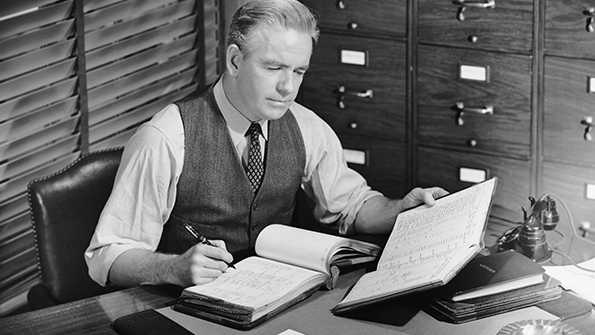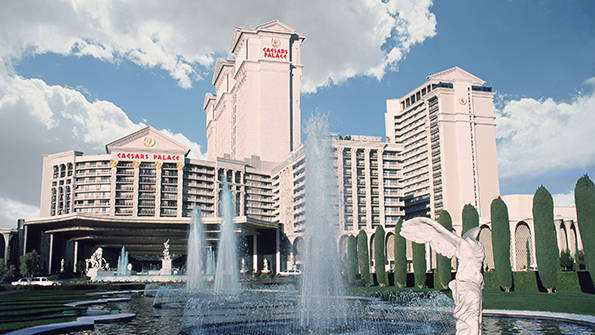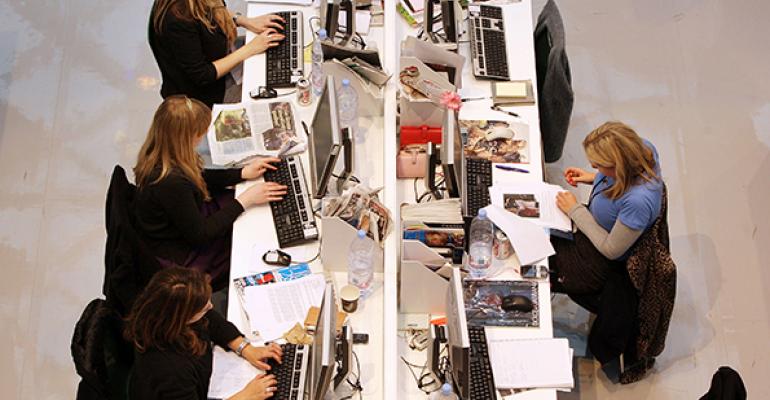
Ever wonder how you wound up in an office cubicle instead of a private office with your own secretary, couch and wet bar? The Economist takes a deep dive into the history of the cubicle, dating back to the 1960s when inventor Robert Propst was asked by design company Herman Miller to find problems outside the furniture industry that could be solved with design. Propst became engrossed by the culture of office life, especially how sedentary everyone was. He developed the first modular office system in 1968, a model that still exists today. Only, our space has gotten smaller. In 1994, the average North American office worker had 90 square feet of space. By 2010 this was 75 square feet, while executive management has gained floor space over the same time period.

The economic recovery has picked up in recent months, but one manager says that the financial environment has been consistent with slow growth, low inflation, low interest rates and significant geopolitical tension. David King of Columbia Management compares it to the movie “Groundhog Day,” where Bill Murray’s character is forced to experience the same day over and over for eternity. If the “Groundhog Day” markets continue, King recommends taking a long-term view, valuing conservatism over fear, purse more than just bonds, and take advantage of opportunities in the U.S. instead of overseas.
We're Still Retiring in Florida
Reuters has teamed up with Zillow to create a tool to help people figure out the best place in America for them to retire. Using metrics such as home values, population, access to entertainment and public transportation and the importance of pleasant weather, the tool customizes the results based on each user's personal preferences.
Billionaires Betting on U.S. Economy

While the global economy may be lagging, the U.S. is humming right along, with the stock market reaching record highs at the end of 2014 and recent job numbers returning to pre-recession levels. People are starting to take notice, especially billionaires, who are investing in stocks for high-ticket items, travel, entertainment and retail. For instance, Carl Icahn boosted his stake in car rental company Hertz, while Leon Cooperman invested another $11 million in casino operator Caesars Entertainment, according to the iBillionaire blog.




